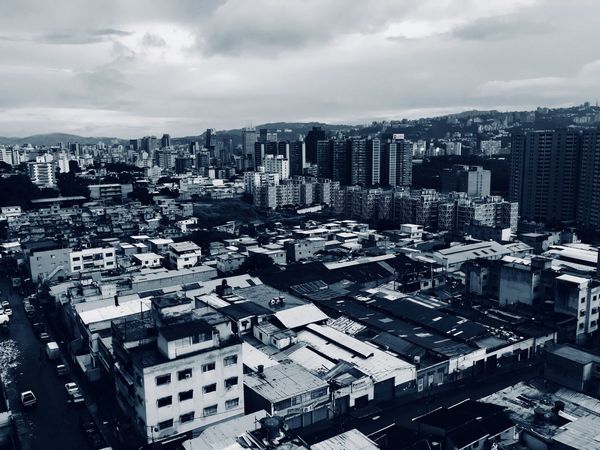
Hunter beekeepers and farmers will benefit from a new round of compensation from the NSW government, as the varroa mite eradication effort extends into its second year.
Some Hunter farmers, previously excluded from compensation, will benefit. But Slow Food Hunter's Amorelle Dempster said some farmers won't and she wants that rectified, but it had been difficult to get a meeting with the minister to discuss the problem.
NSW Agriculture Minister Tara Moriarty said on Wednesday that the government would provide $31 million to "support beekeepers, horticulture and cropping industries affected by the varroa mite outbreak".
The government has already spent more than $33 million to control varroa outbreaks, including $13.7 million in compensation to about 2500 affected commercial and recreational beekeepers.
Ms Moriarty said the varroa mite "continues to be a significant threat to the honey bee and pollination industries throughout regional NSW".
She said the government was "committed to supporting these industries in their fight against varroa mite".
Mrs Dempster, who is advocating for farmers, said "beekeepers were taken care of" with the government's original compensation package, but farmers weren't.
"We've been advocating for 12 months to get some compensation for our farmers," Mrs Dempster said.
"We're pleased about this funding package, but we're cautious because it only covers farmers who are part of peak bodies.
"We have lots of farmers here in the Hunter Valley who are affected. We are advocating for all vegetable growers to get some form of compensation."
She said compensation for all affected farmers would help them "pivot to other crops that don't need as much pollination from the European honey bee".
Such money would also help farmers develop strategies for "planting out loads of spring flowers, for example, so we are attracting more pollinators".
"Then we can continue to grow vegetables for the table in the Hunter, while the emergency varroa response is happening," she said.
Mrs Dempster said she was "hoping to get more dialogue with the DPI [Department of Primary Industries and the minister]", as it had been difficult to get high-level meetings to advocate for Hunter farmers.
"They stop the public from getting information and don't communicate. We get what the minister wants in terms of PR, instead of real information," she said.
The varroa mite was first detected in the sentinel hives of European honey bees at the Port of Newcastle just over a year ago.

Mayfield beekeeper Neil Livingstone called out DPI at the time for failing to adequately check "sentinel hives" around the Port of Newcastle.
"I don't know how long before they put their arms up [over eradication] and start teaching everybody how to handle the mite, like they do in every country in the world," he said on Wednesday.
"I was in eight different countries in Europe two months ago. I tried the honey in each of them," he said.
He said the honey was good in each country, despite them all living with varroa.
Mr Livingstone was concerned about reports that the mite had been detected in Sydney.
Mrs Dempster believes once it gets into the Sydney basin, the government "may have to call it quits" on its eradication efforts.
"The incursions are getting closer to the Sydney basin," she said.
"We're not very positive that the eradication plan will work. It's like the genie is out of the honey jar," she said.
She said the slow food movement was having discussions with international researchers on "how to live with varroa mite".
Mrs Dempster said Hunter farmers would be hit hard from October 1 when pollination was needed for the spring growing season.
"The first week in October is when the flowers are all out and ready for the first wave of pollination that's required," she said.
Mrs Dempster said a lot of pumpkin, melon, zucchini and squash were grown in the Hunter.
"Anything with a large flower requires the European honey bee," she said.
She said the Hunter had a "huge variety of pumpkins that we grow here".
"This is severely affected by the lack of pollination."
WHAT DO YOU THINK? Join the discussion in the comment section below.
Find out how to register or become a subscriber here.







